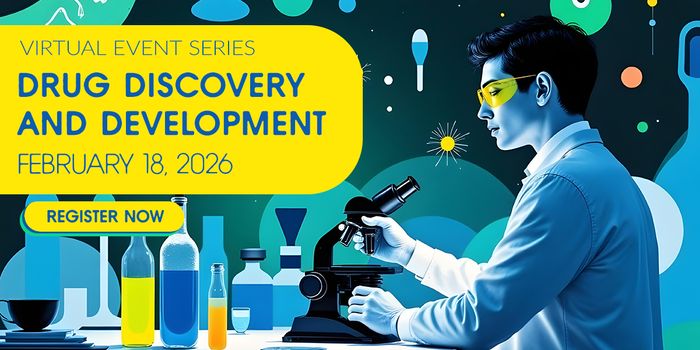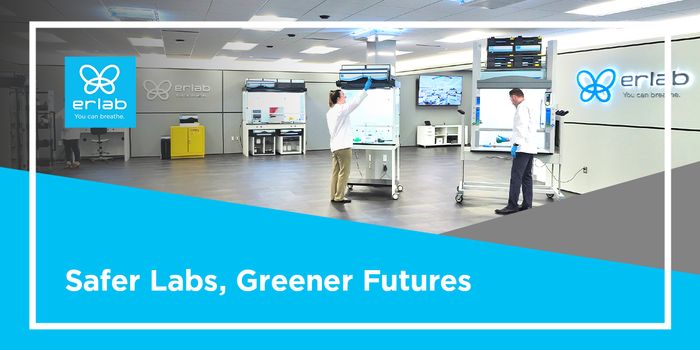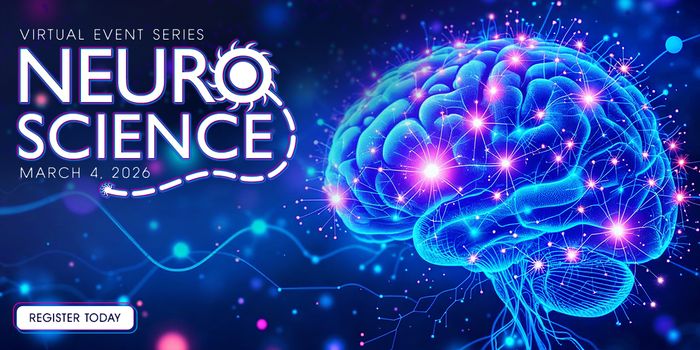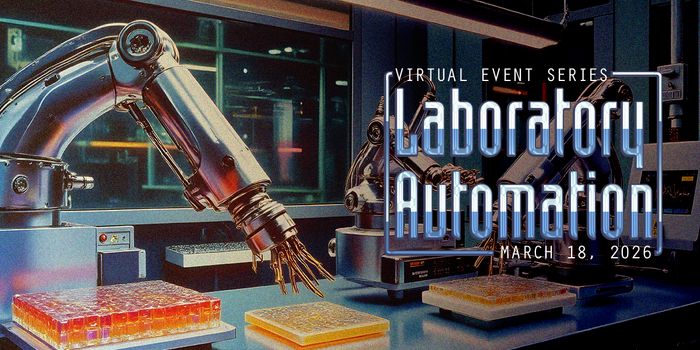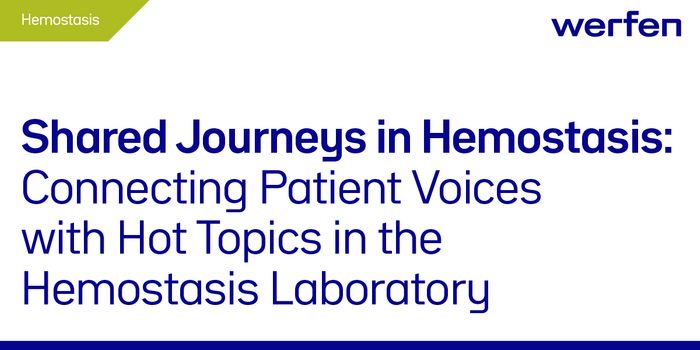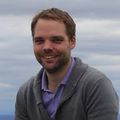Thermo Fisher Scientific: The Power of Omics
The Power of Proteomics is a three-day Thermo Fisher Scientific virtual event that focuses on harnessing the power of omics to advance scientific research. The virtual event will feature a series of presentations, followed by roundtable discussions, from academia and industry-leading experts.
Sessions will include:
- Areas of study from virion proteomics, structural analysis, protein interactomics and virus-host interactions and how these areas of research drive the development of vaccines and diagnostics
- Areas of study including cancer pathway proteomics, proteogenomics, and immunopeptidomics as well as examples of standardization across laboratories
- Several collaborations including single-cell proteomics, native MS for structural analysis, multiplexed proteomics and artificial intelligence that enable the mass analysis of proteins from any organism significantly faster than before and almost error-free
- Roundtable discussions focused on challenges of delivering fast but quality science, what’s needed to accelerate discovery research through practical utility, and standards that will deliver the promise of proteomics for human health
In addition to the presentations, audiences can also visit our five virtual booths, where Thermo Fisher Scientific experts will be there to welcome you (virtually) and answer any questions you may have. There will also be a dedicated poster hall and the networking lounge where you can converse with other participants too!
Agenda Share
-
-
OCT 15, 2020 4:00 PM CEST
Speaker: TMT Research Award Winner
Ryan Bomgarden, Ph.D.
Senior R&D Manager, Protein & Cell Analysis, Thermo Fisher ScientificBIOGRAPHY -
-
OCT 15, 2020 3:00 PM CEST
Speaker: Deep learning architecture Prosit and its application in mass spectrometry-based proteomics
-
OCT 15, 2020 2:30 PM CEST
Speaker: Characterizing Cellular Hierarchies Using Quantitative Single-Cell Proteomics
-
-
-
OCT 14, 2020 4:00 PM CEST
Speaker: SureQuant pTyr - a platform for targeted profiling of tyrosine phosphorylation signaling dynamics in human tumors
-
OCT 14, 2020 3:30 PM CEST
Speaker: A proteogenomics approach to antigen discovery in cervical cancer
-
OCT 14, 2020 3:00 PM CEST
Speaker: Proteogenomics for discovery of targets and predictive markers for immunotherapy
-
OCT 14, 2020 2:30 PM CEST
Speaker: Ion mobility enhanced data independent acquisition and application to cancer proteomics
-
OCT 13, 2020 5:00 PM CEST
Roundtable: Overcoming challenges of delivering fast but quality science and the collaborations needed to accelerate discovery research through to practical utility
Andreas Hühmer, Ph.D.
Sr. Director for Scientific Affairs and Alliance Management, Nautilus BiotechnologyBIOGRAPHY -
-
-
OCT 13, 2020 1:00 PM CEST
Plenary Speaker: The Glycan Shield of Enveloped Viruses: from HIV to SARS-CoV-2
Speakers Share
More speakers added daily!
-
Ryan Bomgarden, Ph.D.
Senior R&D Manager, Protein & Cell Analysis, Thermo Fisher Scientific
BIOGRAPHY
-
Max Crispin
Professor of Glycobiology - University of Southampton, UK
BIOGRAPHY
-
Tiannan Guo
Assistant Professor - Westlake University
BIOGRAPHY
-
Andreas Hühmer, Ph.D.
Sr. Director for Scientific Affairs and Alliance Management, Nautilus Biotechnology
BIOGRAPHY
-
Lihua Jiang
Director - Stanford University
BIOGRAPHY
-
Neil Kelleher
Glass Professor of Life Sciences - Northwestern University
BIOGRAPHY
-
Bernhard Kuster
Professor - Technical University of Munich
BIOGRAPHY
-
Janne Lehtio
Professor - Karolinska Institutet
BIOGRAPHY
-
Dani Lopez Ferrer
Senior Manager for Proteomics - Thermo Fisher
BIOGRAPHY
-
Gyorgy Marko-Varga
Professor - Lund University
BIOGRAPHY
-
David Matthews
Reader in Virology - Uni Bristol
BIOGRAPHY
-
Valdemir Melechco Carvalho
Senior Scientist - Fleury Group
BIOGRAPHY
-
Lukas Reiter
Chief Technology Officer - Biognosys AG
BIOGRAPHY
-
Erwin Schoof
Associate Professor, Technical University of Denmark
BIOGRAPHY
-
Lauren Stopfer
Graduate Student - Koch Institute for Integrative Cancer Research & MIT
BIOGRAPHY
-
Danielle Swaney
Assistant Professor - UCSF
BIOGRAPHY
-
Nicola Ternette
Associate Professor - University of Oxford
BIOGRAPHY
-
Mathias Wilhelm
Chair of Proteomics and Bioanalytics - Technical University of Munich
BIOGRAPHY
Thermo Fisher Scientific Inc. (NYSE: TMO) is the world leader in serving science, with annual revenue exceeding $25 billion. Our Mission is to enable our customers to make the world healthier, cleaner and safer. Whether our customers are accelerating life sciences research, solving complex analytical challenges, improving patient diagnostics and therapies or increasing productivity in their laboratories, we are here to support them. Our global team of more than 75,000 colleagues delivers an unrivaled combination of innovative technologies, purchasing convenience and pharmaceutical services through our industry-leading brands, including Thermo Scientific, Applied Biosystems, Invitrogen, Fisher Scientific, Unity Lab Services and Patheon. For more information, please visit www.thermofisher.com.




















